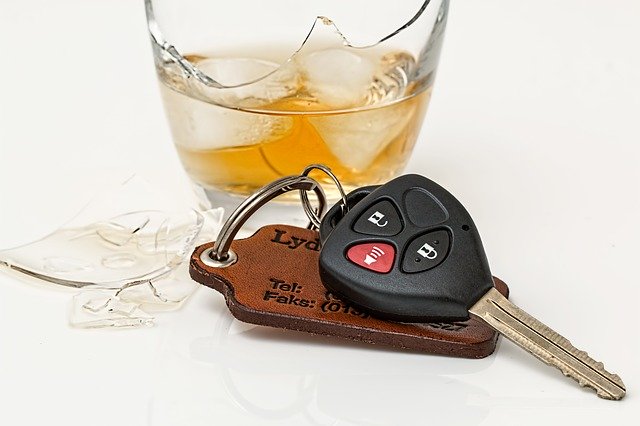Tools to Detect Drunk Drivers

According to the National Highway Traffic Safety Administration (NHTSA), every day about 30 people in the U.S. die in drunk-driving crashes. That’s one person every 48 minutes. In 2018, that tallied 10,511 deaths from drunk-driving accidents.
While drunk-driving deaths have declined in recent years, there are still intoxicated drivers getting behind the wheel and putting lives at stake. To prevent these drivers from being on the roadways, the NHTSA and others are working on technology to detect drunk drivers before they get behind the wheel. As April marks Alcohol Awareness Month, take a look at how technology can potentially detect drunk drivers.
NHTSA’s Steering Wheel Devices
The NHTSA is developing technology that would prevent anyone over the legal blood-alcohol content level from starting a vehicle. Reuters states that this device would be installed into a steering wheel or a push-button ignition to measure the driver’s BAC. Another potential solution is sensors to monitor a driver’s eye movement and breath. According to CNet.com, two U.S. senators – Tom Udall from New Mexico and Rick Scott from Florida – want to introduce bipartisan legislation to mandate every new car includes this type of anti-drunk driving technology. Their goal is to have the technology installed in cars within four years of the bill passing.
Volvo’s New Cameras
Volvo is expected to install technology in new models that will detect if the driver of the vehicle is drunk. According to 360.here.com, the manufacturer will include cameras in new models that will look for pupil dilation while steering-wheel sensors will test the driver’s reactions. Other sensors will also monitor the movements of the driver and the car.
The website states that if suspicious behavior is detected, the vehicle can slow down or park itself before customer service is notified and an operator can contact the driver and potentially take control of the vehicle.
Driver Alcohol Detection System for Safety (DADSS)
According to SmarterWare.org, QinetiQ in Boston has created a $10 million project called Driver Alcohol Detection System for Safety (DADSS). This on-board system can detect alcohol on a person’s breath before he or she turns on the car. If alcohol is detected, the person will not be able to turn on the car.
In order to operate the vehicle, the driver must pass a two-step sobriety test – a breathalyzer mounted near the steering wheel, and an ignition button that uses infrared light to detect alcohol content in the blood. It also has technology built in to detect if someone is starting the vehicle from the passenger seat, preventing drivers from using a loophole to still drive drunk.
